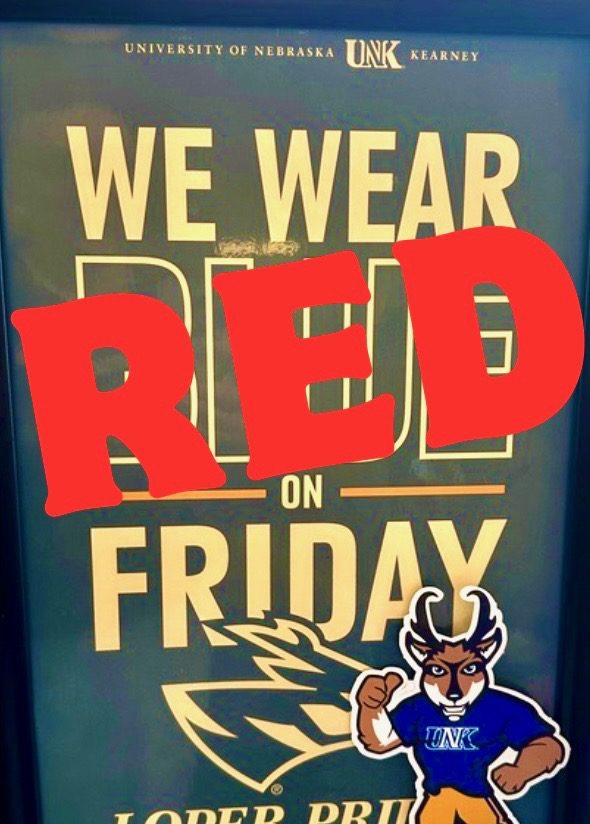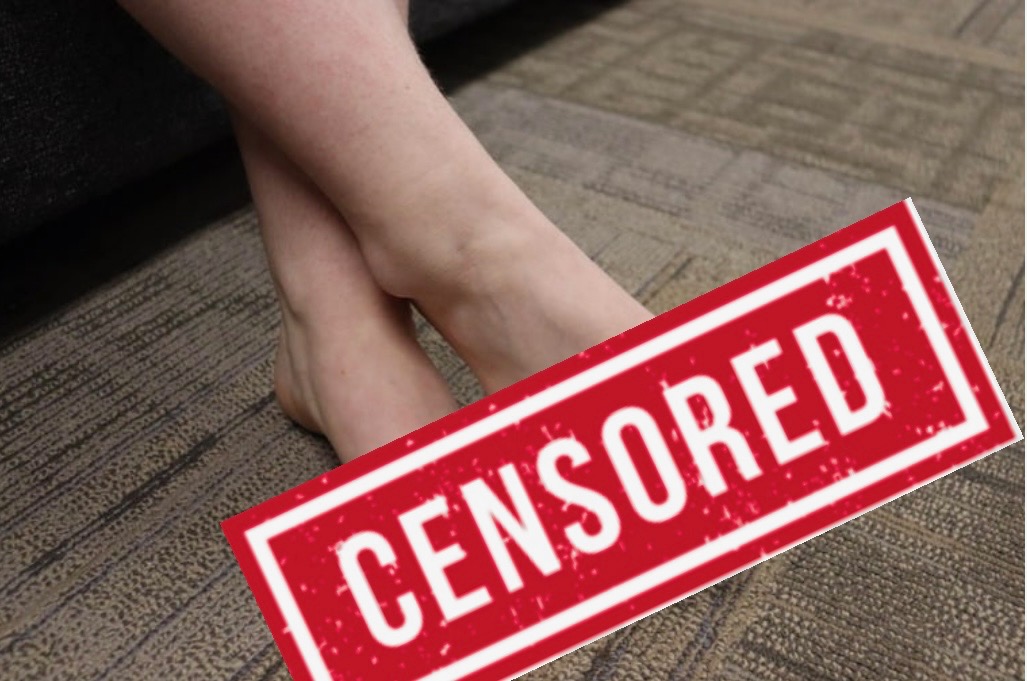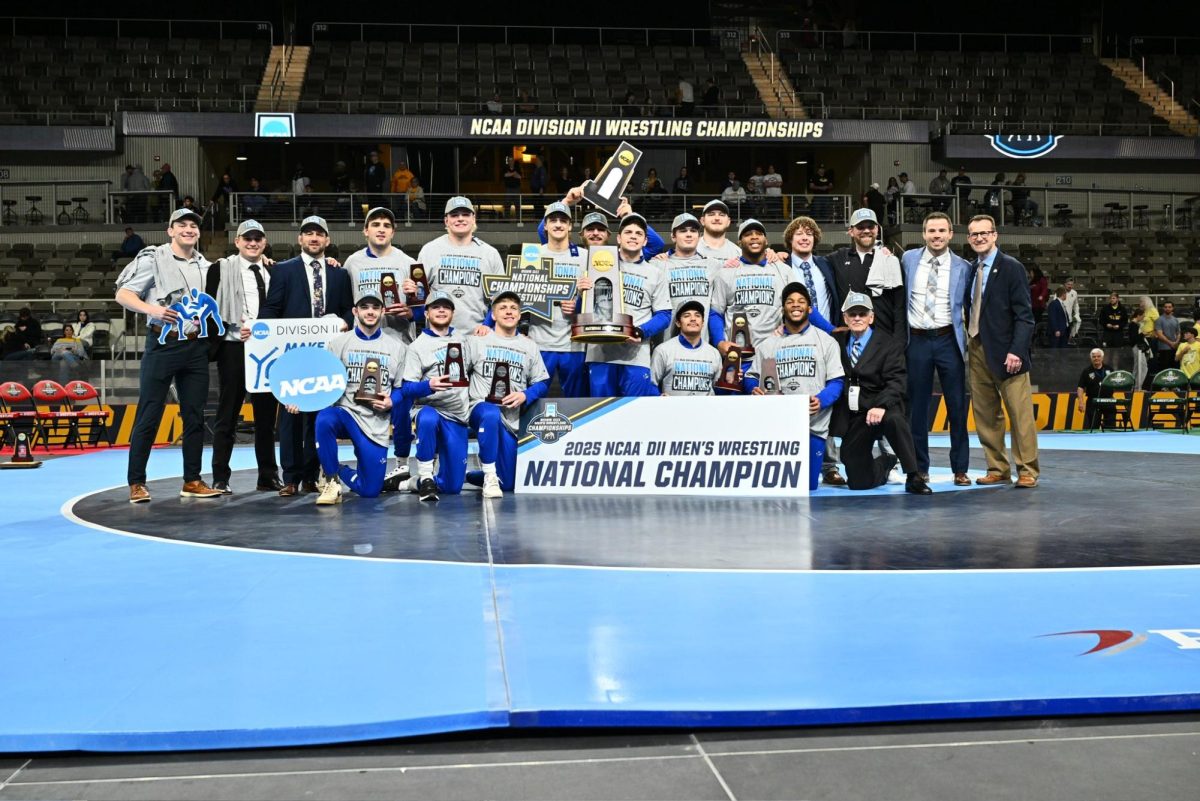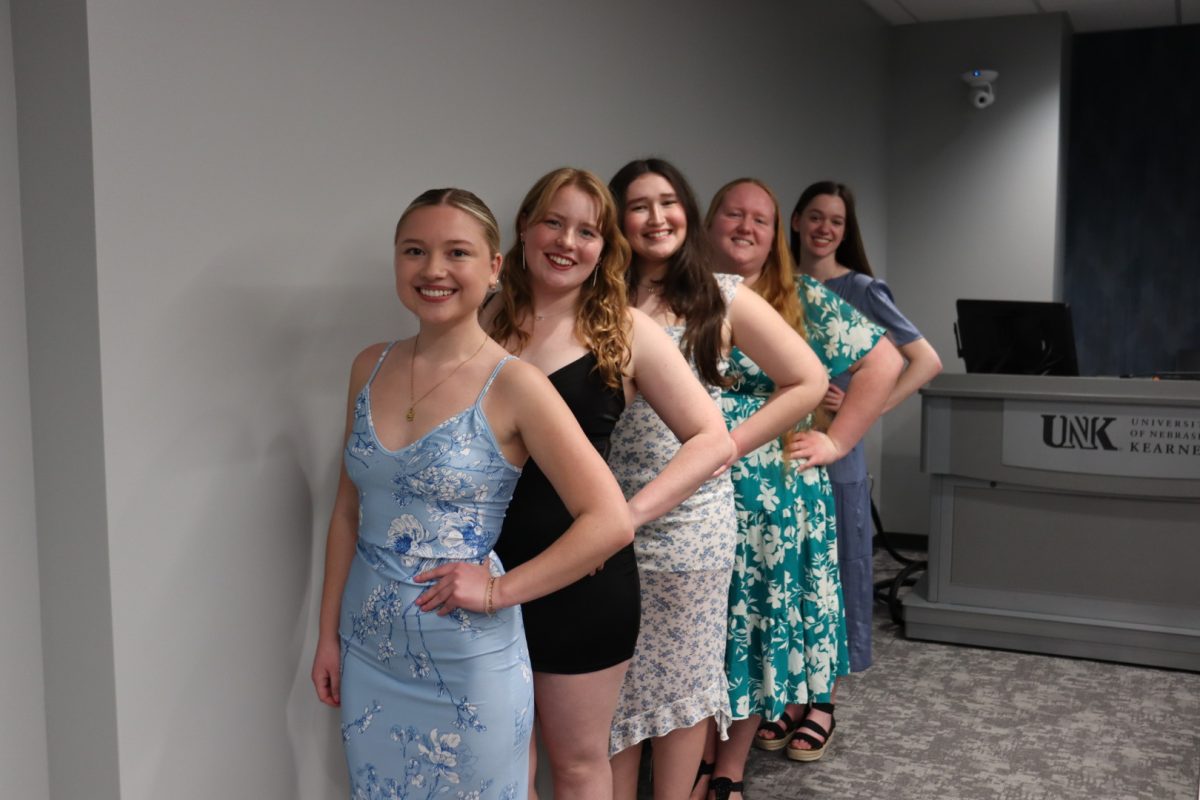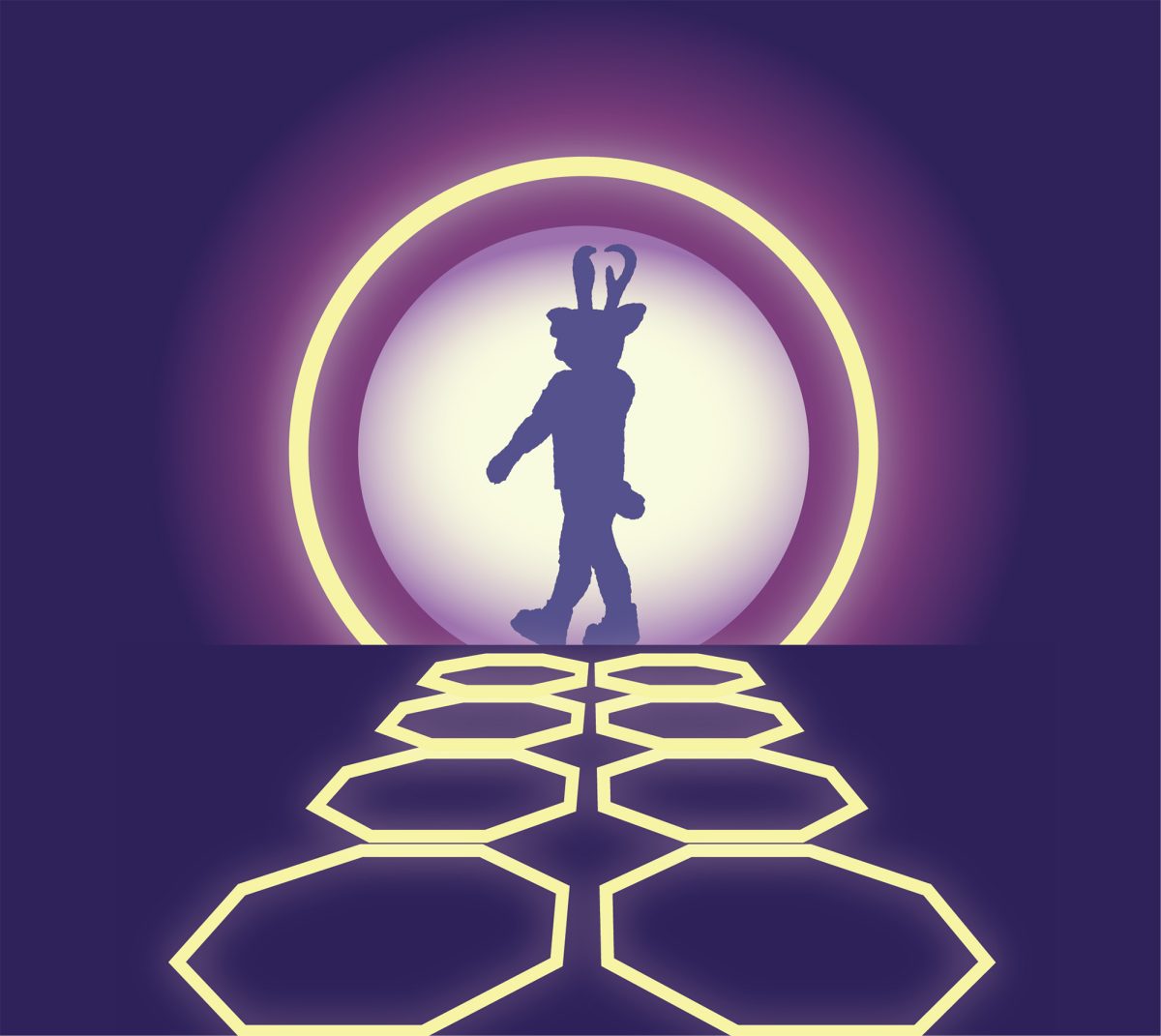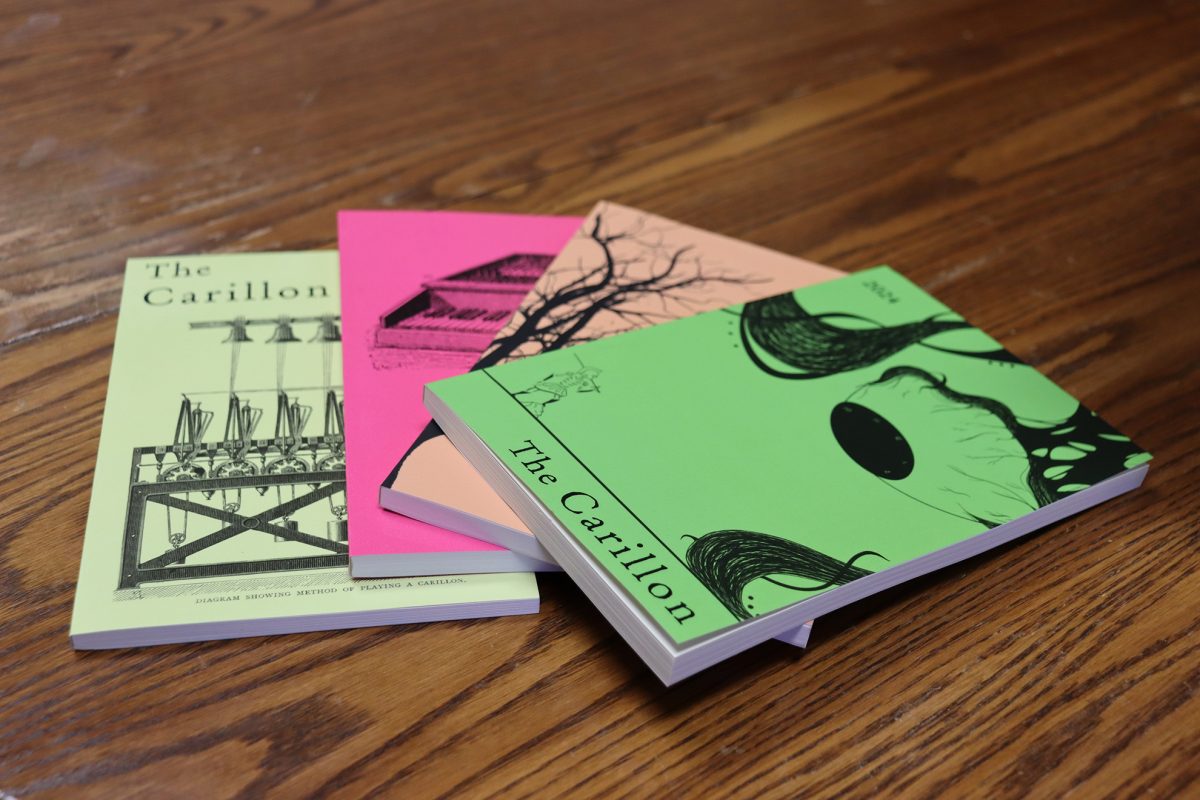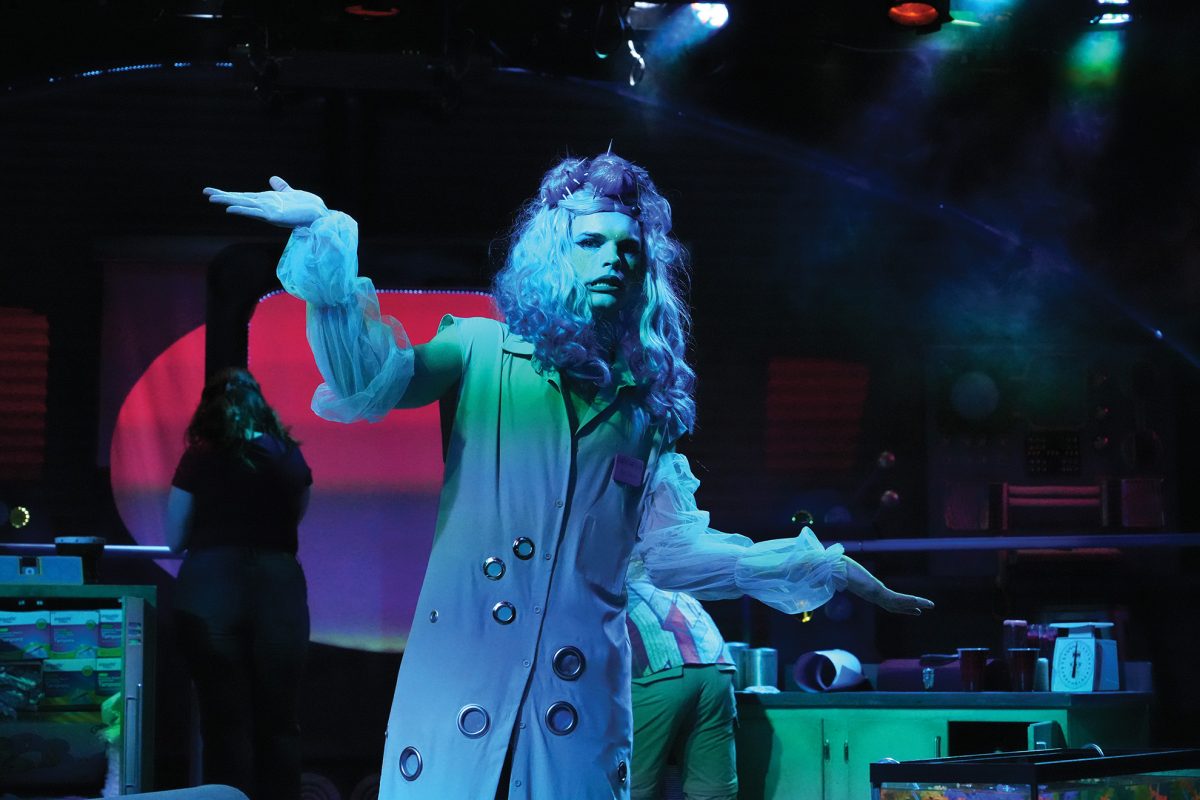Sofia Coppola’s latest film, “Priscilla,” hauntingly captures the innocence of Elvis Presley’s former wife and the chaos he planted in her life. Based on Priscilla Presley’s 1985 memoir, “Elvis and Me,” this biopic offers a new point of view of “The King.” The movie is firmly Priscilla’s story and not that of her superstar ex-husband.
This film comes off the heels of last summer’s box office hit “Elvis,” which follows Presley’s life and focuses on his complex relationship with his manager, Colonel Tom Parker. As someone who thoroughly enjoyed “Elvis,” I was intrigued to see this new movie. Going into the theater expecting the same glitz, glamour and volume of “Elvis,” the stark difference in “Priscilla” was immediately apparent.
The movie begins with 14-year-old Priscilla Beaulieu at a U.S. Air Force base in West Germany where both her father and Elvis were stationed in 1959. She gets invited to a party with Elvis and meets the already-international-sensation for the first time. The distinct power dynamic between the two of them is obvious from the beginning, mirroring so many romantic relationships during the ‘50s and ‘60s: characterized by patriarchal dominance and very questionable age gaps. Despite her parents’ objections, Priscilla finds herself irresistibly drawn to Elvis’ world and enticed by his charm.
A few years later, Elvis moves Priscilla out of her parents’ home straight to Graceland, where most of this movie takes place. Expecting a biopic filled with high drama, an intense climax and a narrative arc depicting the ups and downs of the Presley relationship was a mistake I made when going into this movie. Instead, Priscilla’s story is presented more as a diary that flows forward in a quiet fashion. The happy moments between Elvis and Priscilla’s relationship are short and rushed. The dark moments are long and awkward. This stylistic choice puts the viewer into the shoes of what her life was really like. Despite living with and eventually marrying the country’s biggest celebrity, Priscilla lacked the freedom to make her own decisions and have a normal coming-of-age experience.
All in the confines of Graceland, we see Priscilla’s point of view as Elvis has numerous affairs with his movie co-stars and flies around the country living his superstar life. Rather than explicitly showcasing this lavish lifestyle, the movie shows how gloomy Priscilla’s life was. It’s evident that the opulence and extravagance typically associated with Elvis Presley’s story were deliberately subdued in this film.
I found it intriguing that the soundtrack of the movie did not feature a single song by Elvis Presley. Although this was apparently due to rights issues, the lack of Elvis songs felt intentional. Without his talents on display, his unfavorable behavior became the focal point. However, the movie does conclude with Dolly Parton’s original rendition of “I Will Always Love You,” a song later covered by Elvis, marking a powerful moment as Priscilla departs from their marriage. Parton’s rendition carries a deeper sense of melancholy compared to Presley’s, and the use of a female singing voice felt exceptionally fitting for this scene.
While this movie wasn’t quite what I was expecting, I enjoyed it. The beautiful cinematography and moody stylistic choices were powerful. Having prior knowledge from “Elvis” enhanced the viewing experience, providing a more analytical lens. Acknowledging the multiple perspectives in any story is crucial, and Priscilla’s point of view presented an honest narrative.



